| Proactively adapting to trade defense, increasing exports of goods to the United States Trade defense: Preventing negative impacts of imports |
Rapid increase in the number of trade defense investigations
According to the Department of Trade Defense, Ministry of Industry and Trade, the number of trade defense investigations into Vietnam's export goods is increasing rapidly. While there were only 50 cases in the period 2001 - 2011, there were 205 cases in the period 2012 - August 2024 (an increase of more than 4 times).
Among the measures that trade defense markets target the most against Vietnamese exports is anti-dumping, with 140 cases as of August 2024. In addition, investigations into evasion of trade defense measures against Vietnam are on the rise, especially in the United States. To date, the United States has investigated 25 cases of anti-evasion of trade defense taxes against Vietnamese exports.
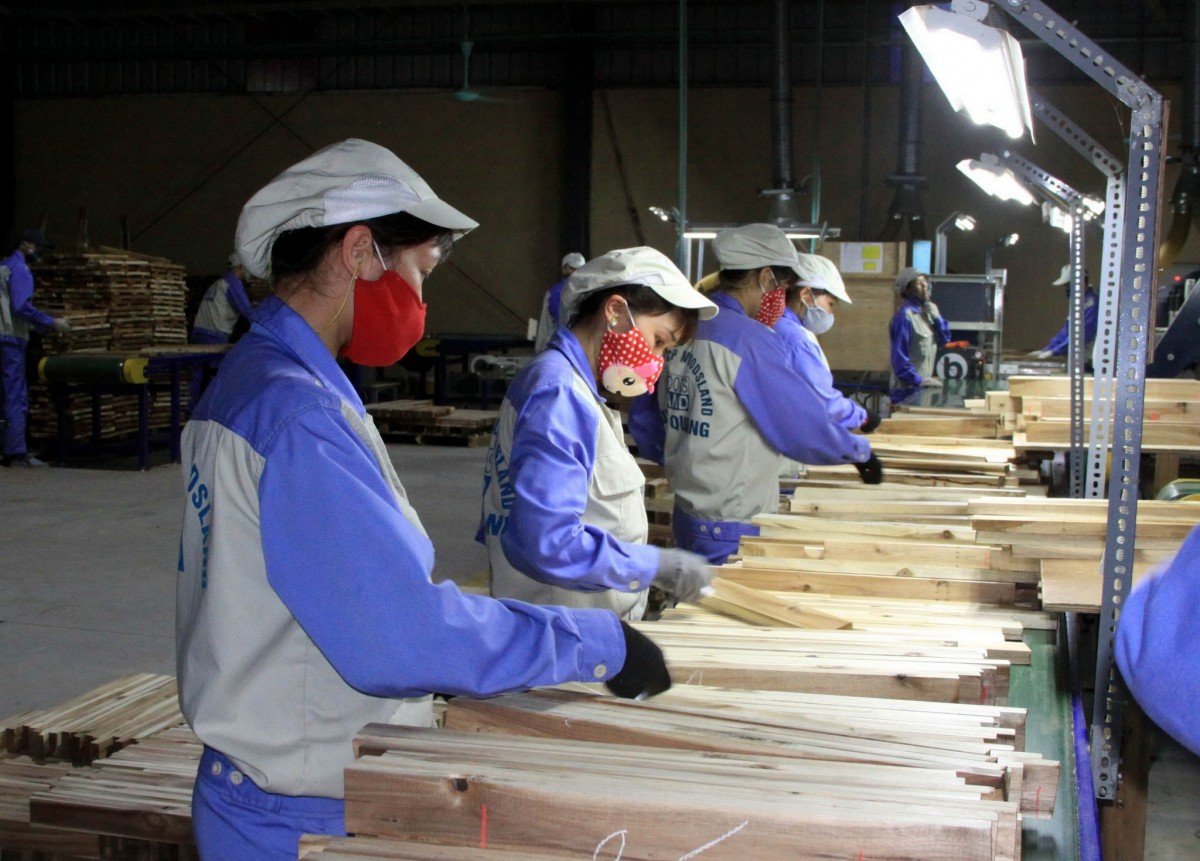 |
| The possibility of Vietnamese export enterprises becoming the subject of trade defense investigations is increasing. Photo: VNA |
In addition, the investigation market is increasingly expanding. Currently, most of the major traditional export markets have initiated trade defense investigations against Vietnam. In addition, the number of cases conducted by ASEAN countries has also increased rapidly, and Mexico has also initiated investigations due to the implementation of Free Trade Agreements (FTAs), leading to a sharp increase in our exports, competing with the domestic production industry of the importing country.
The scope of investigated products is increasingly diverse, accordingly, the investigations are not limited to items with large export turnover such as: Shrimp, Pangasius, Steel, Wood, Solar Panels, etc., but expanded to products with medium and small export value and volume such as: Lawn mowers, honey, paper plates, staplers. The scope of investigations is also increasingly expanding, including new contents such as: Investigation to review product scope, investigation against evasion of trade defense measures. Along with that, the trend of more stringent investigations, with higher requirements for the government and investigated enterprises (response deadline, request for additional information, difficulty in requesting extensions, etc.).
In particular, the trade defense tax rate may be pushed up due to market economy issues. Currently, because some countries such as the United States have not recognized Vietnam as a market economy, they use the costs of a third country to calculate the normal value in anti-dumping cases. For example, the case of the United States investigating anti-dumping of Vietnamese honey.
The reason for the rapid increase in the number of trade defense investigations into Vietnamese export goods, said Ms. Truong Thuy Linh - Deputy Director of the Department of Trade Defense, Ministry of Industry and Trade - is that Vietnam has signed many bilateral and multilateral FTAs, new generation FTAs. To date, Vietnam has signed and is negotiating 19 FTAs.
Along with the expansion of international cooperation, many opportunities for goods have been brought to domestic enterprises, but new barriers have also appeared. Rapidly increasing export of goods, competitive export prices, and old trade defense measures have given rise to new trade defense cases; on the other hand, due to limitations in the ability to predict and grasp information early to prevent early trade defense investigations.
In order to protect the interests of Vietnamese goods and enterprises, the Ministry of Industry and Trade (Trade Defense Department) has recently proactively and actively implemented support activities, such as: Early warning of the risk of trade defense investigation so that enterprises can proactively develop a handling plan. Currently, the Trade Defense Department has been monitoring export fluctuations of nearly 40 products and periodically issuing a warning list of about 10 products (there are products that have been investigated such as plywood, foam mattresses, car tires, copper pipes, honey, anti-corrosion steel, ceramic tiles, wooden cabinets, solar panels, staples, etc.).
In addition, we regularly exchange with associations and businesses to provide information, update the developments of the case and agree on response plans. Thanks to that, businesses and associations can promptly grasp the developments of the case, share information and coordinate to develop response plans. " The Trade Defense Department has provided early information to help businesses understand the principles, investigation procedures, tasks to be performed and possible scenarios so that businesses can develop response strategies, " said Ms. Linh.
In addition, the Ministry of Industry and Trade also actively exchanges and consults with foreign investigating agencies on legal and practical aspects, requesting compliance with World Trade Organization (WTO) regulations. The Ministry of Industry and Trade has repeatedly sent letters/submissions/discussion papers stating its views and arguments on the investigation case. At the same time, it considers initiating lawsuits against trade defense measures of foreign investigating agencies if there are signs of violating WTO regulations.
The results help Vietnamese enterprises avoid being subject to trade defense taxes or enjoy low tax rates, contributing to maintaining export growth. For example, Australia has ended the tax order for many anti-dumping/anti-subsidy investigations (precision steel pipes, color-coated steel belts, copper pipes, extruded aluminum, ammonium nitrate, etc.); India, Malaysia, Indonesia, etc. have also successively ended anti-dumping investigations for MDF boards, PET plastic, cold-rolled steel, etc.
Proactively respond to risks
Thanks to the advantages of FTAs, there is still a lot of room for expanding the market for Vietnam's export goods, but there are also many difficulties and limitations awaiting businesses. One of the biggest challenges is the protectionist viewpoint, creating barriers for countries and territories importing Vietnam's goods. Accordingly, the Department of Trade Defense assessed that the possibility of Vietnam's export enterprises becoming the subject of investigation is increasingly greater.
Although the response experience of enterprises has improved, according to Lawyer Nguyen Thanh Ha - Chairman of SB Law Firm, most Vietnamese enterprises face difficulties in responding to trade defense measures, notably the lack of understanding of trade defense legal regulations. Meanwhile, the investigation process and procedures of countries are relatively complicated and lengthy, so to pursue a case, enterprises must have sufficient resources.
Therefore, Ms. Truong Thuy Linh emphasized that in addition to the competent authorities, the Government and local management agencies need to manage and monitor the activities of enterprises in the area to detect and prevent evasion; consider when issuing policies that can be accused of being subsidies; provide information on time in case of handling foreign trade defense investigations; coordinate in verification activities at the request of foreign investigation agencies.
For businesses, according to the leader of the Trade Defense Department, it is necessary to grasp information promptly, actively and proactively participate, and participate in the entire process; develop an export strategy to diversify markets and avoid overheating in one market; equip themselves with knowledge of trade defense laws, as well as prepare resources to deal with the risks of trade defense lawsuits. In particular, it is necessary to strictly comply with regulations on certificates of origin, not to assist in acts of origin fraud, and to avoid trade defense measures.
In particular, proactive early and remote response is extremely important. The leader of the Trade Defense Department recommends that businesses must have measures to respond to investigations before an incident occurs. For example, focusing on competing on quality rather than on price; equipping basic knowledge on trade defense, building and maintaining a system to trace the origin of raw materials for export production; budgeting for hiring lawyers; regularly updating information with the Association and Government agencies (Trade Defense Department), with importers about the possibility of an incident occurring; referring to the list of items warning of the risk of being investigated for tax evasion by the Trade Defense Department.
Source: https://congthuong.vn/nguy-co-bi-dieu-tra-phong-ve-thuong-mai-ngay-mot-lon-doanh-nghiep-can-chuan-bi-nguon-luc-ung-pho-347567.html


![[Photo] Children's smiles - hope after the earthquake disaster in Myanmar](https://vstatic.vietnam.vn/vietnam/resource/IMAGE/2025/4/14/9fc59328310d43839c4d369d08421cf3)

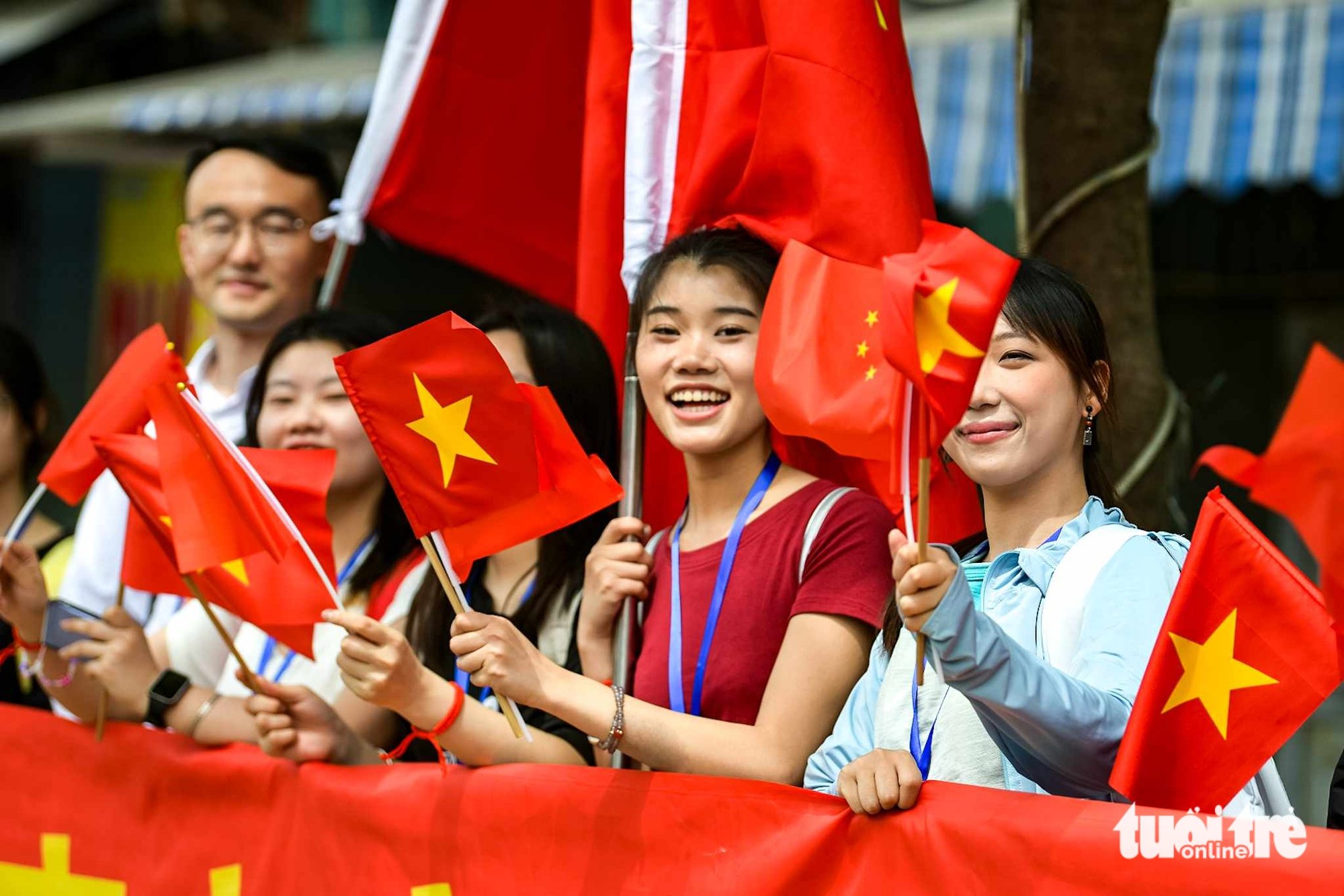
![[Photo] General Secretary To Lam chairs the third meeting to review the implementation of Resolution No. 18-NQ/TW](https://vstatic.vietnam.vn/vietnam/resource/IMAGE/2025/4/14/10f646e55e8e4f3b8c9ae2e35705481d)
![[Photo] Opening of the 44th session of the National Assembly Standing Committee](https://vstatic.vietnam.vn/vietnam/resource/IMAGE/2025/4/14/03a1687d4f584352a4b7aa6aa0f73792)
![[Photo] Touching images recreated at the program "Resources for Victory"](https://vstatic.vietnam.vn/vietnam/resource/IMAGE/2025/4/14/99863147ad274f01a9b208519ebc0dd2)

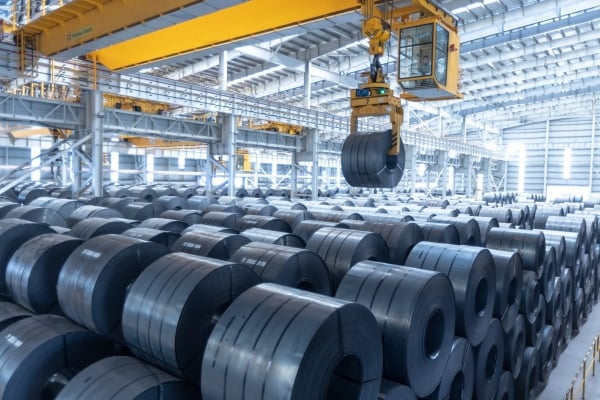
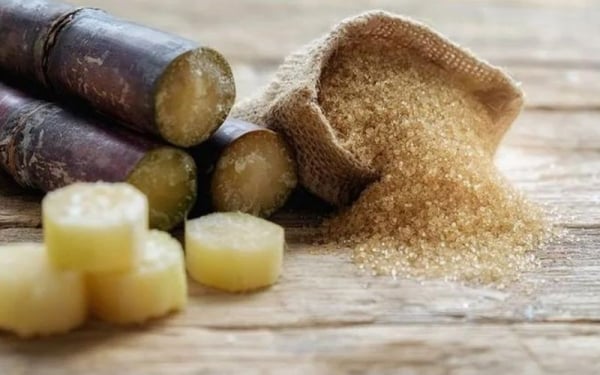
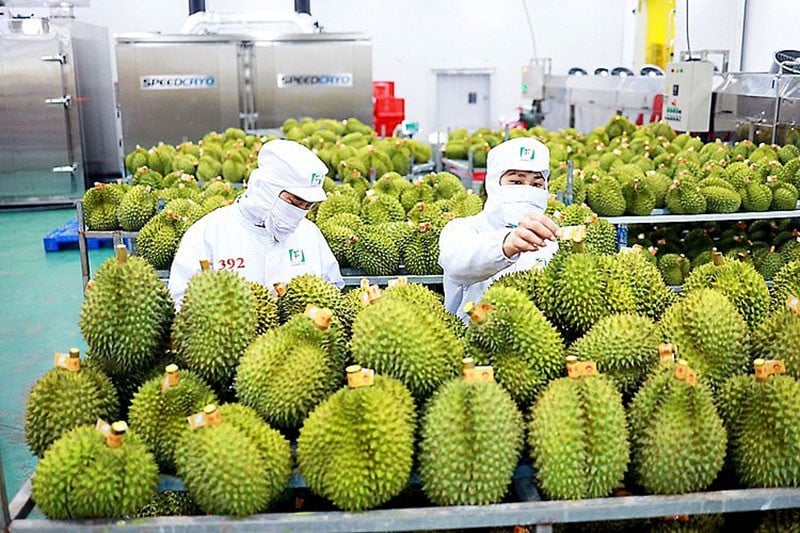

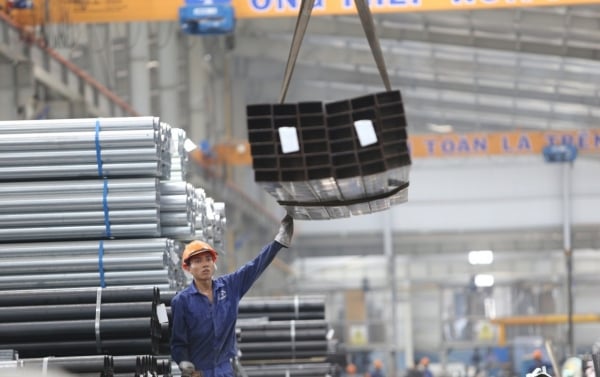
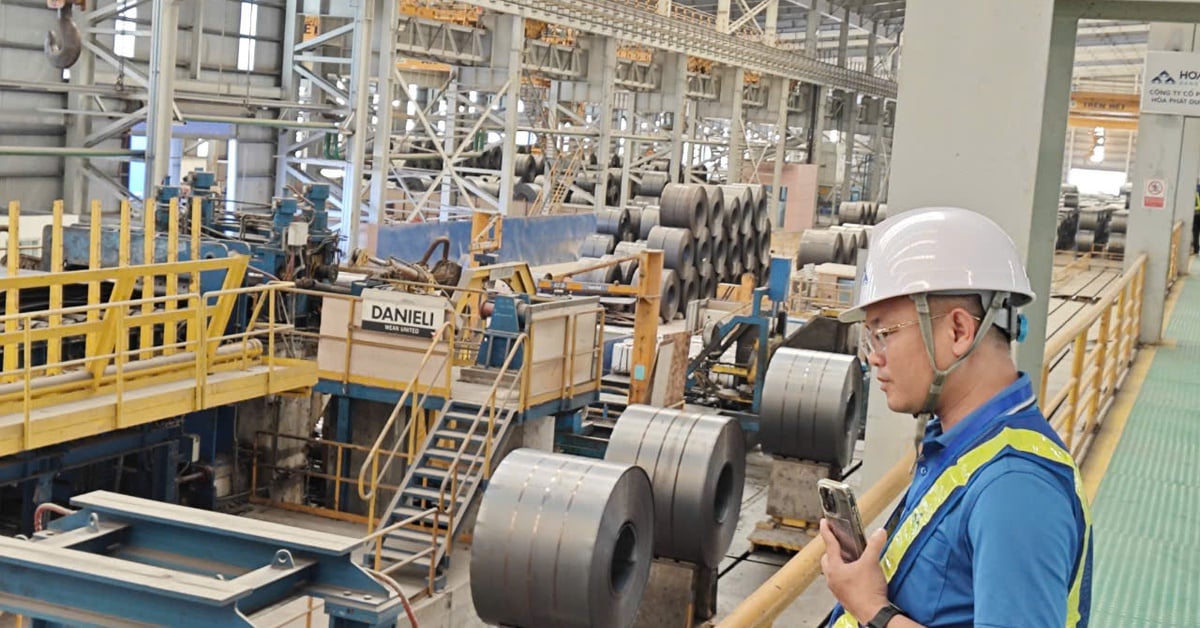




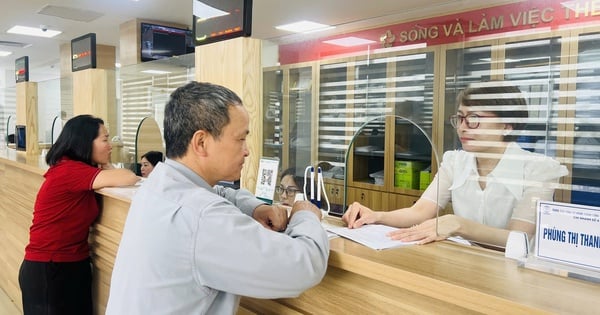

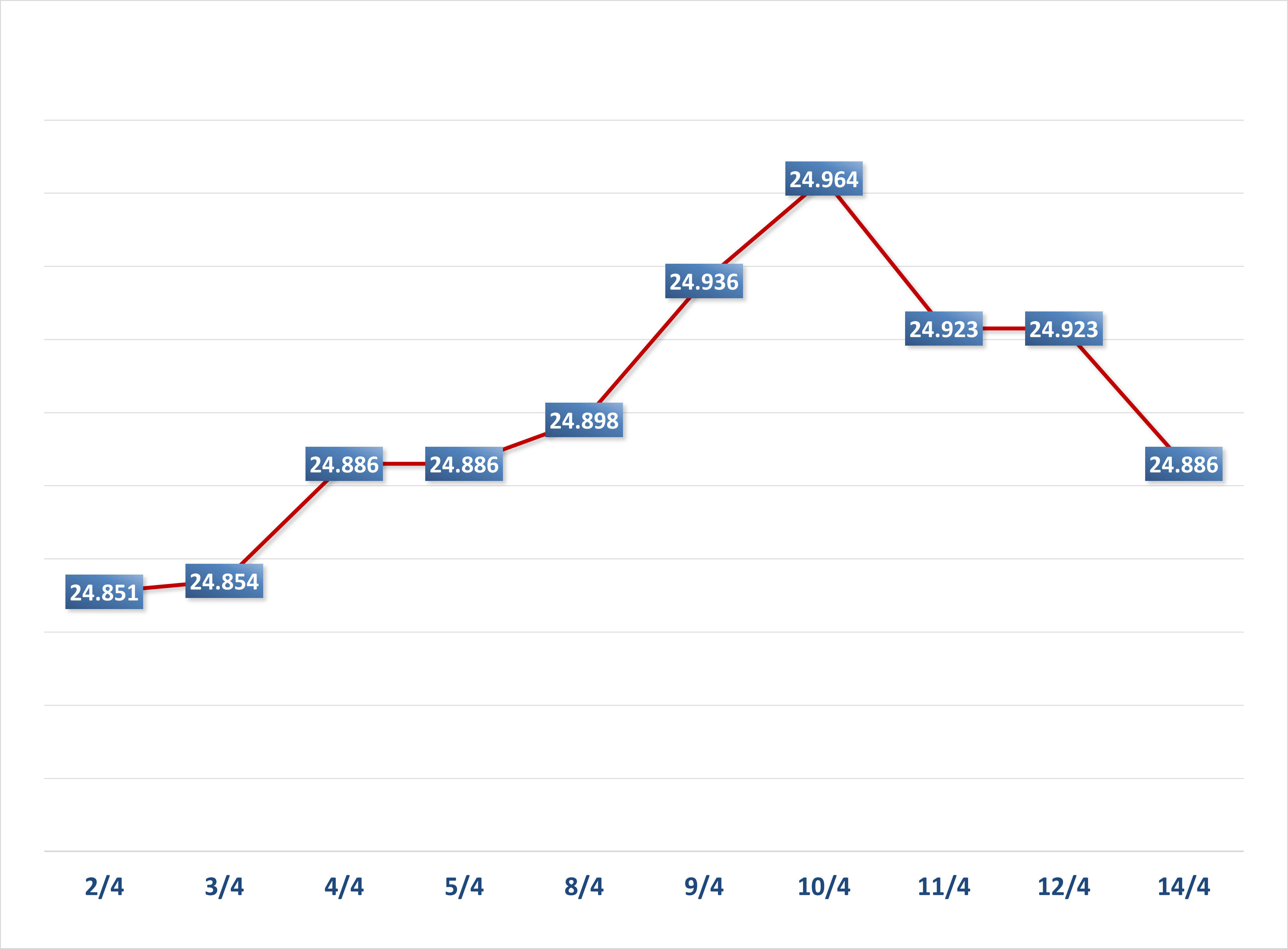




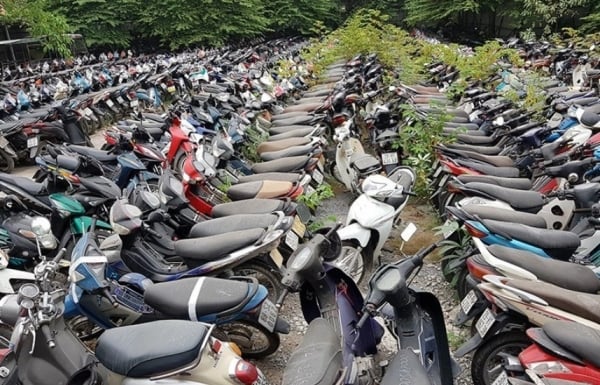
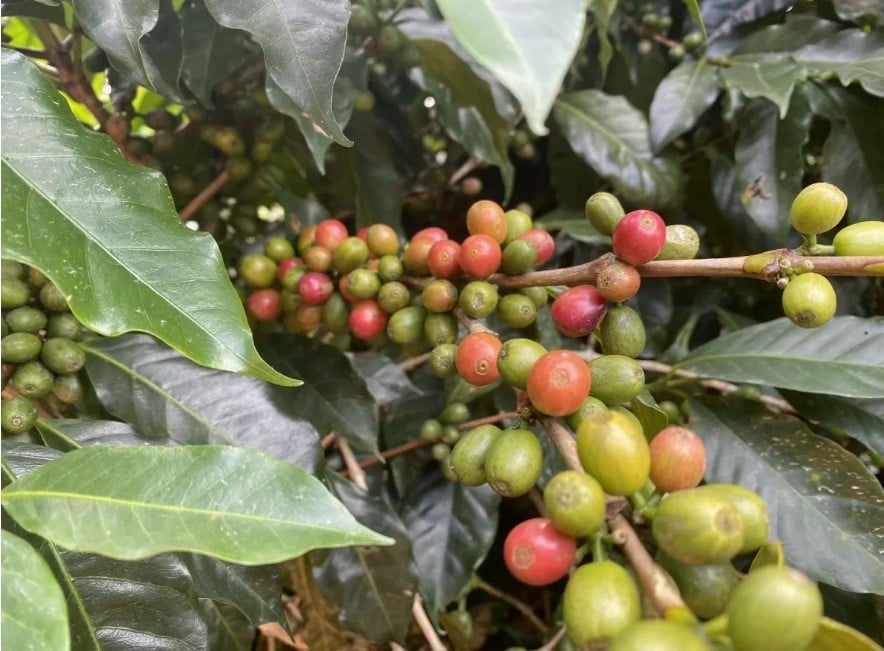
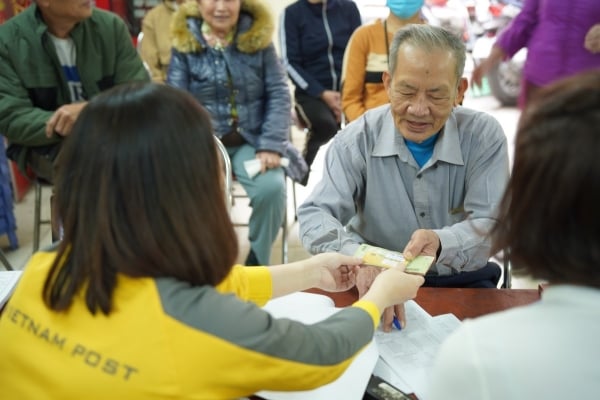
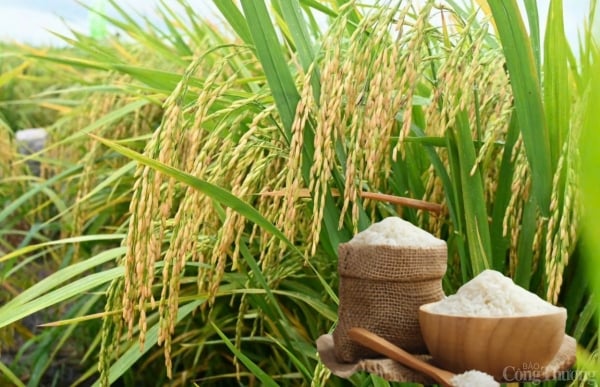
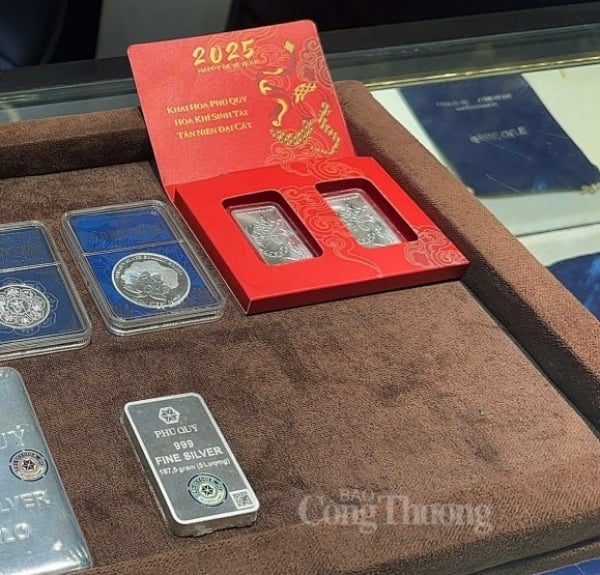
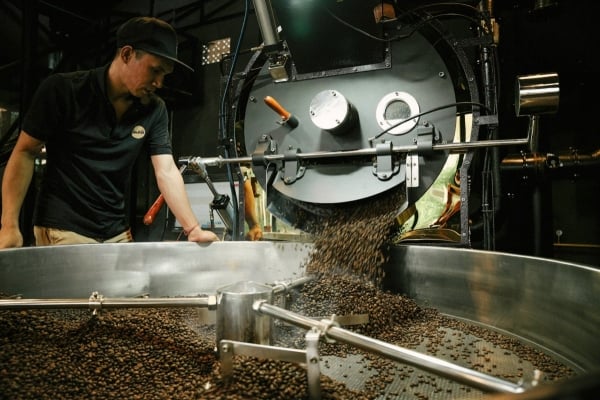

















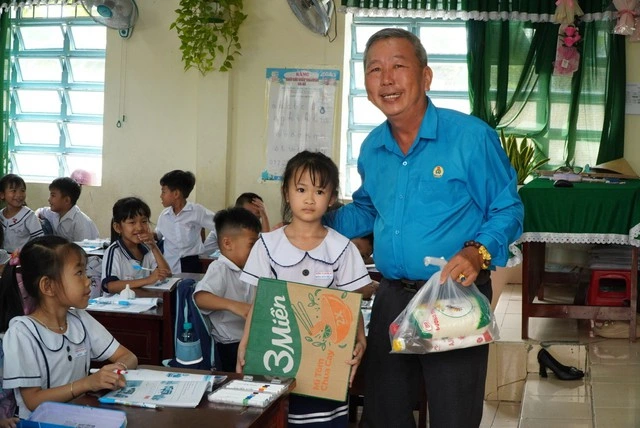

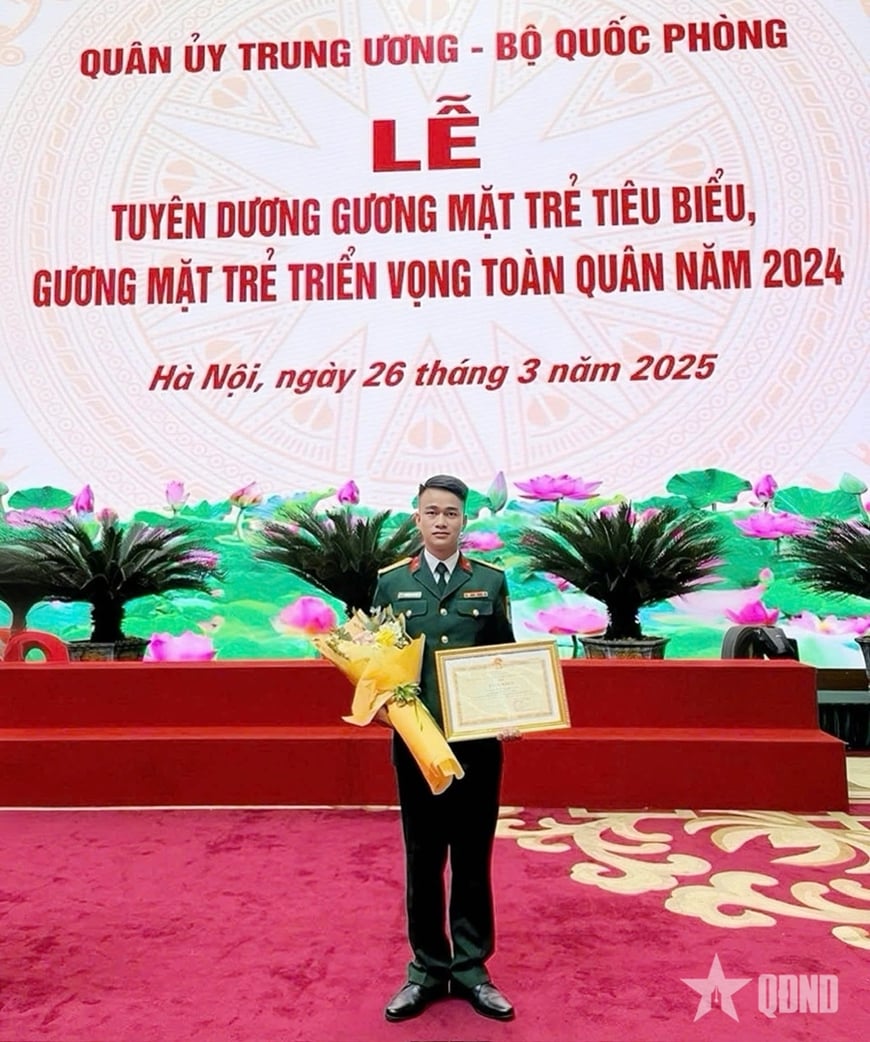











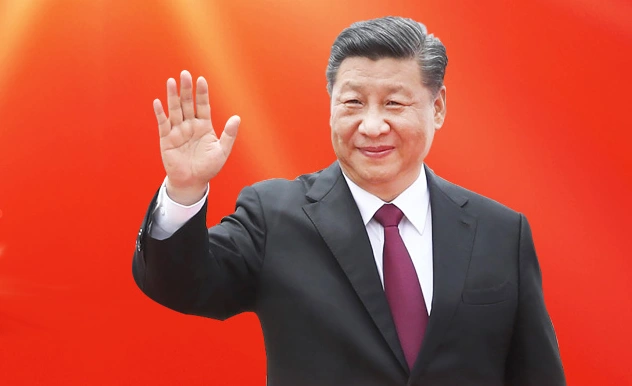

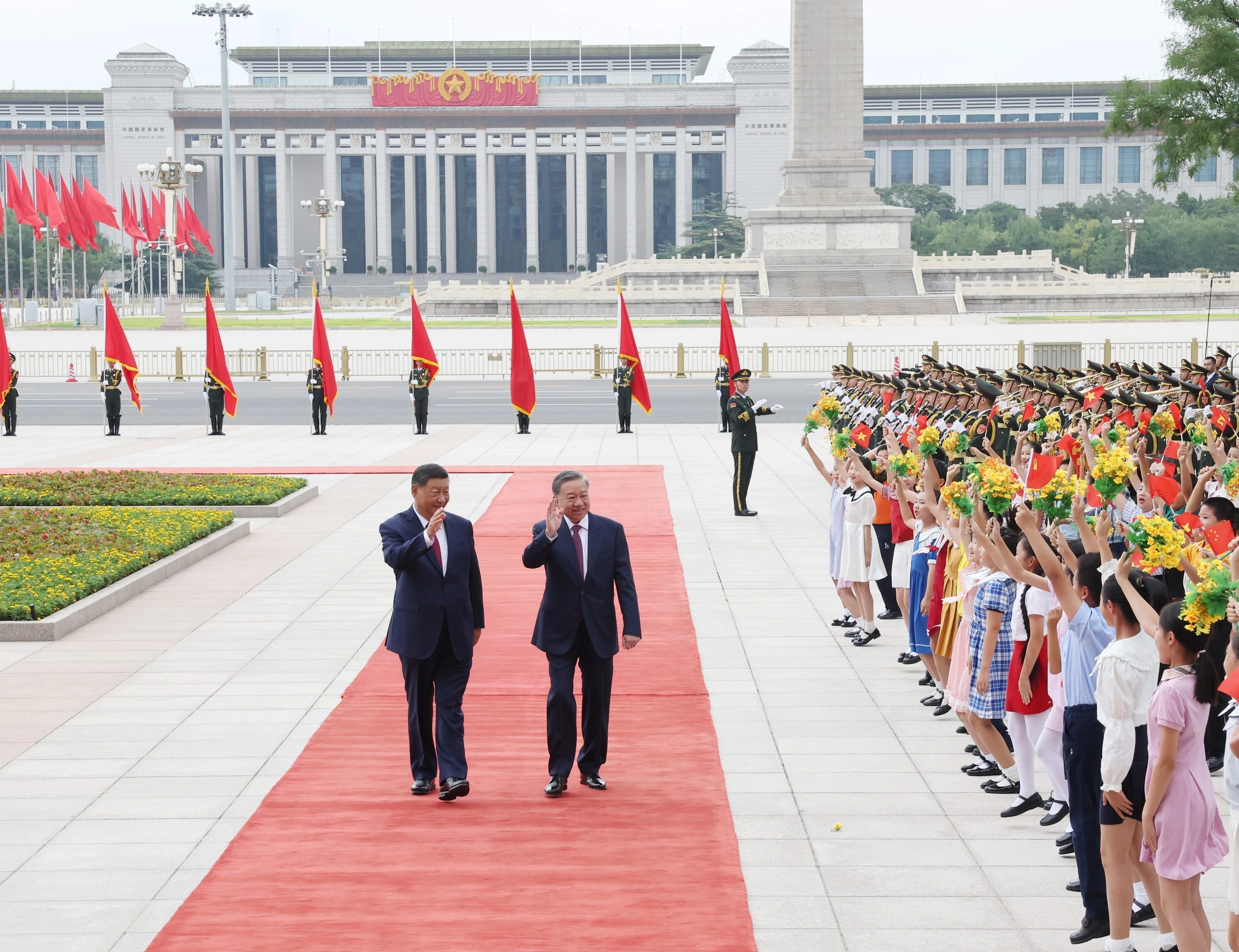
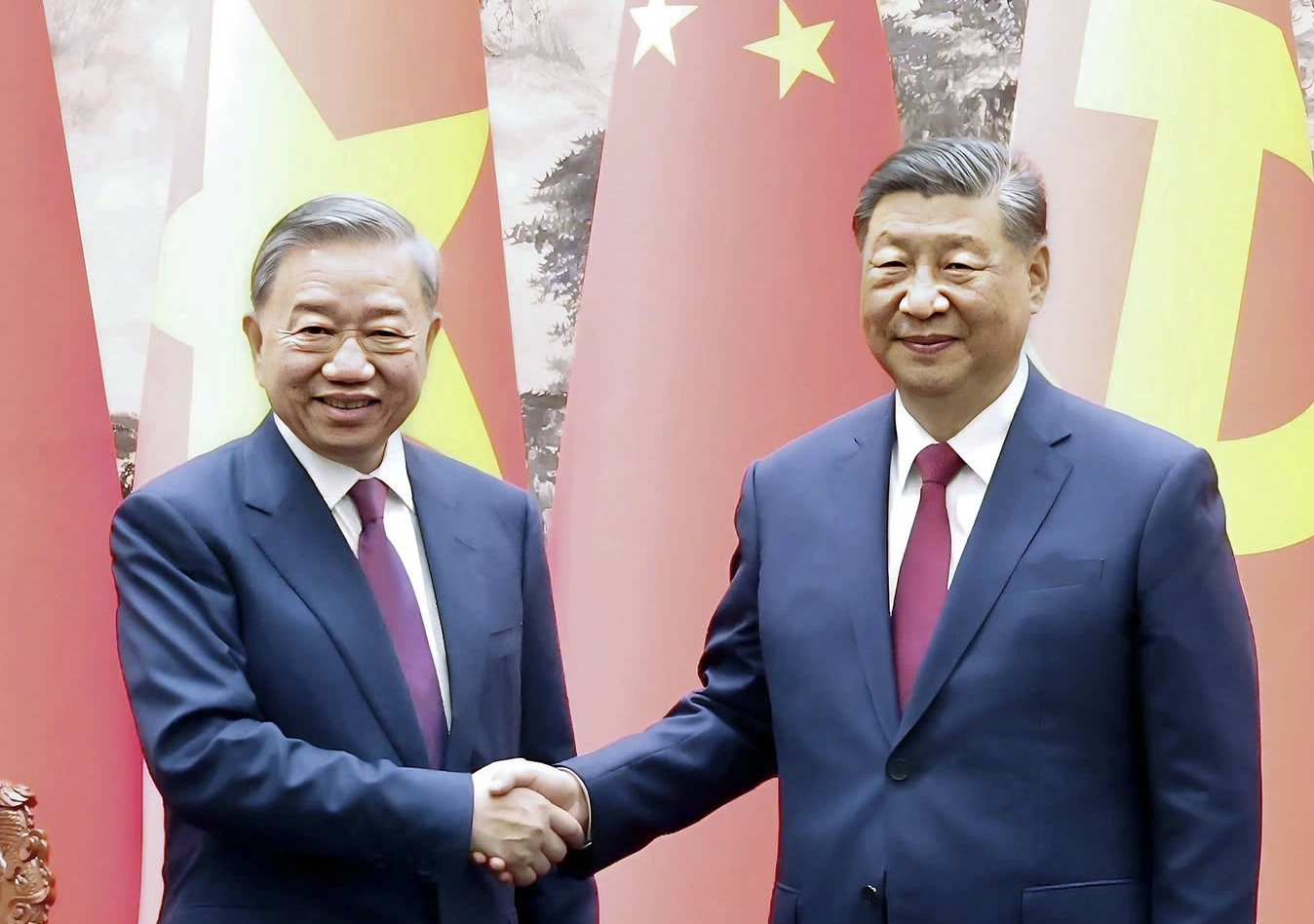
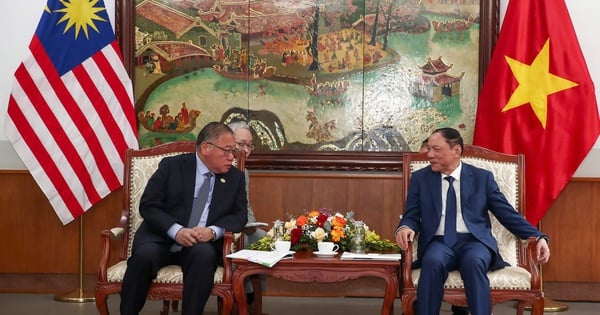




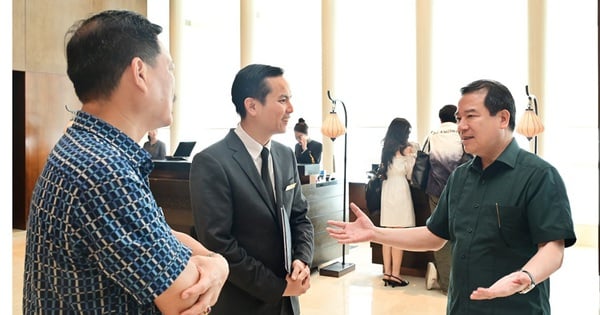


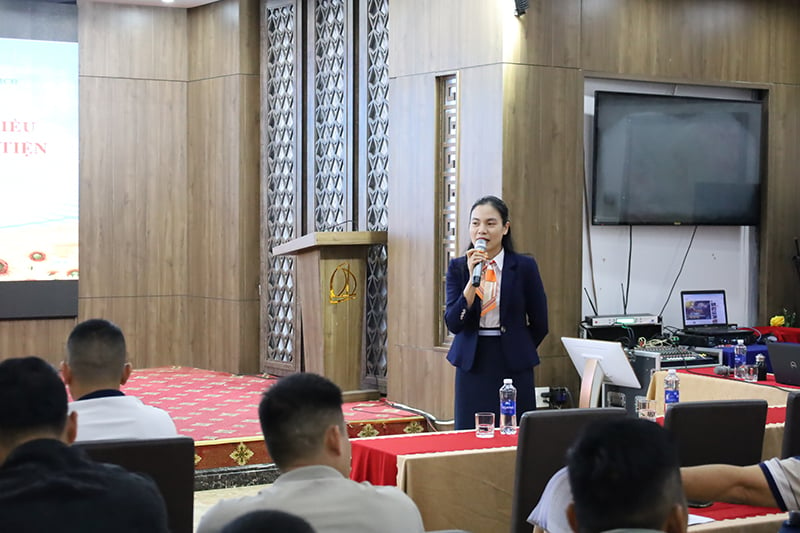


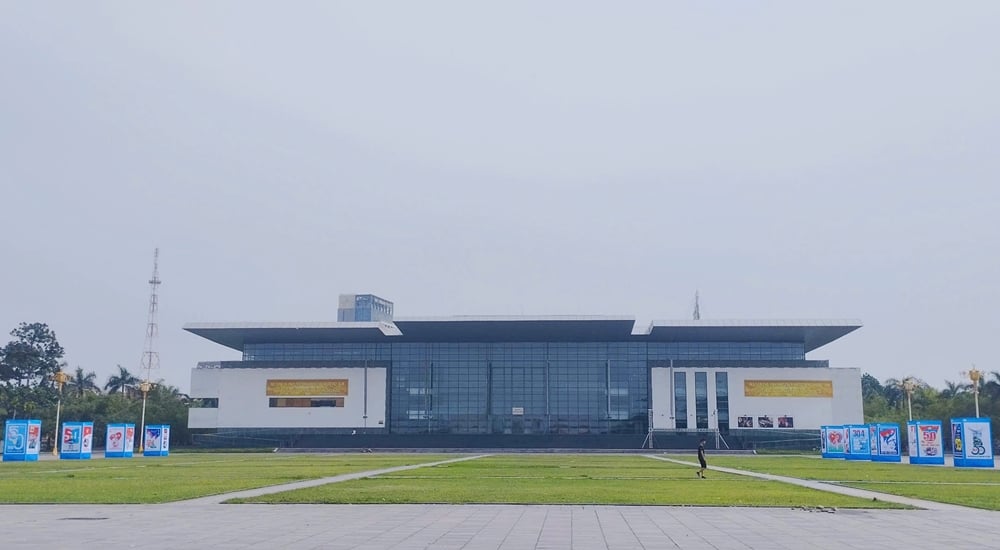
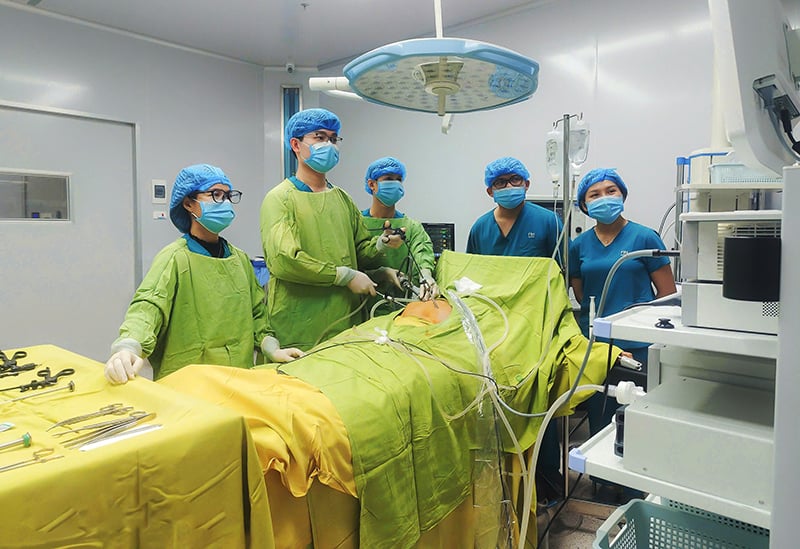












Comment (0)